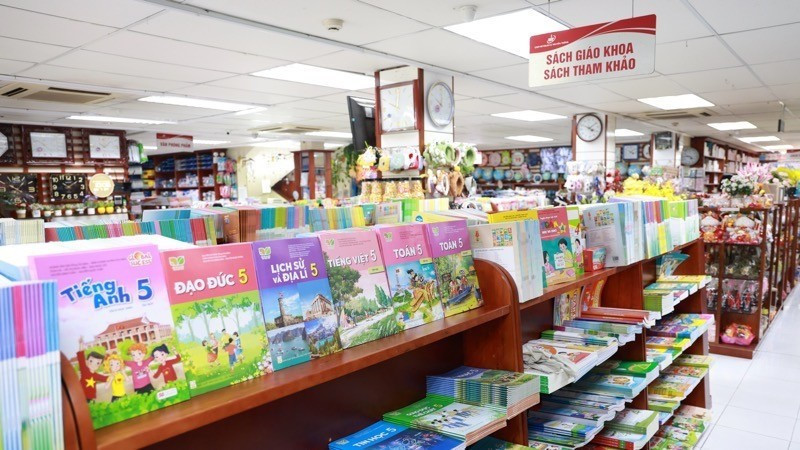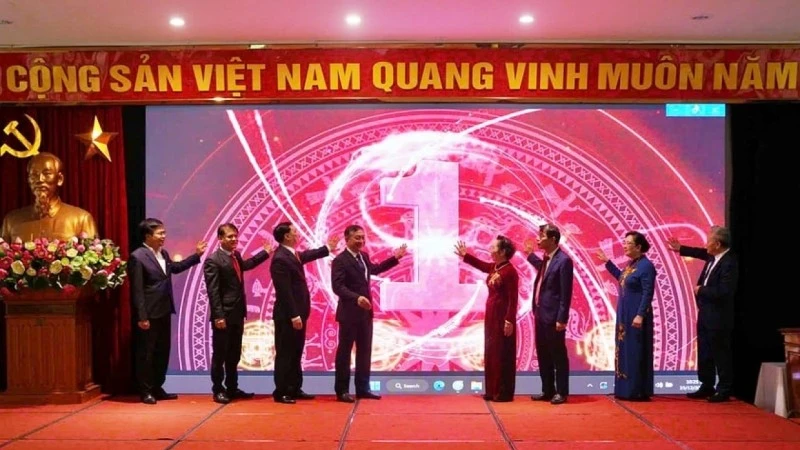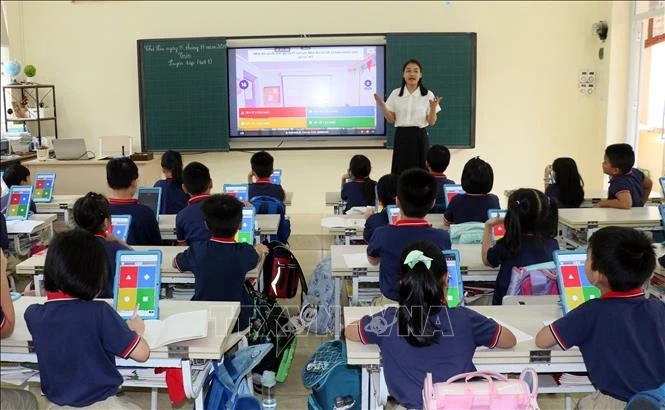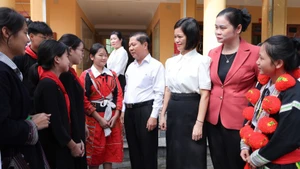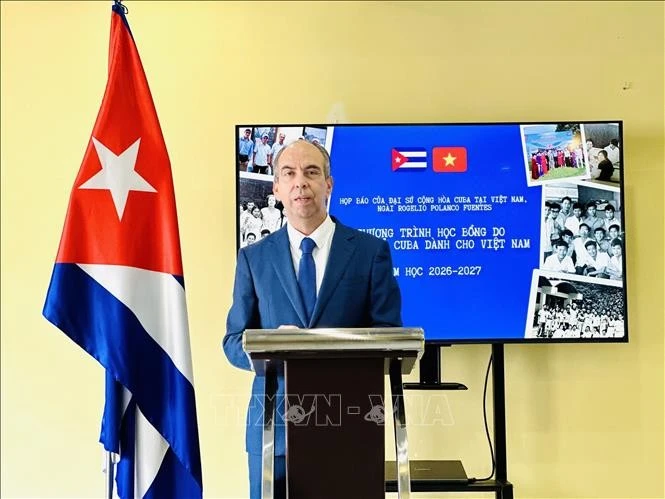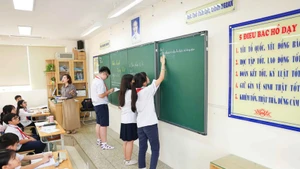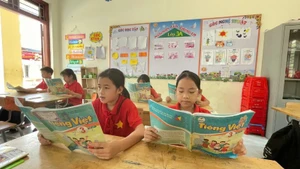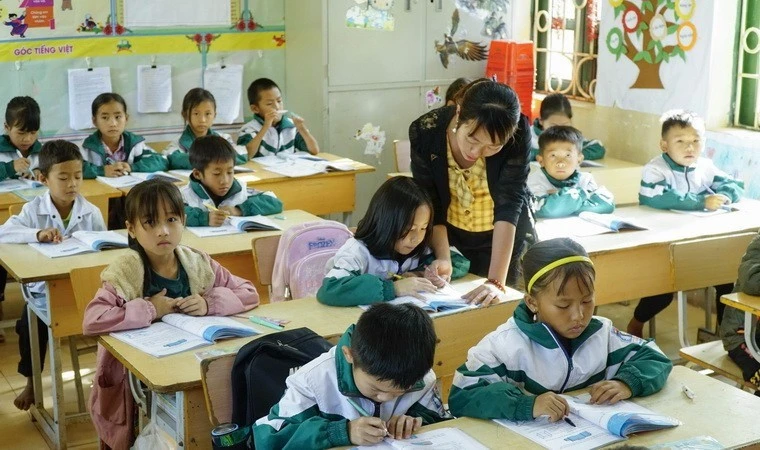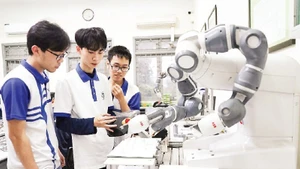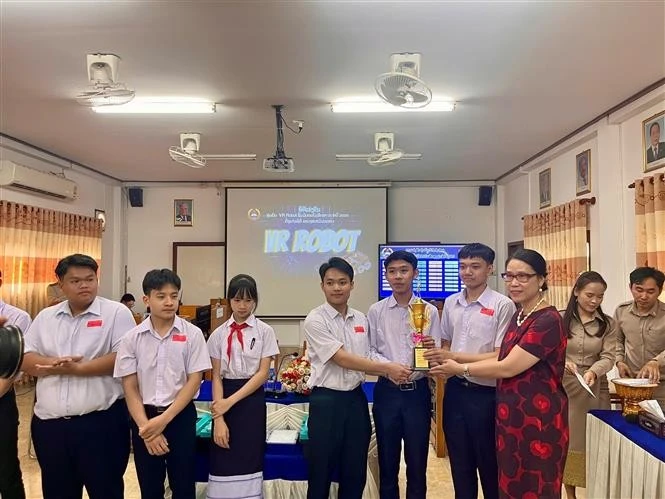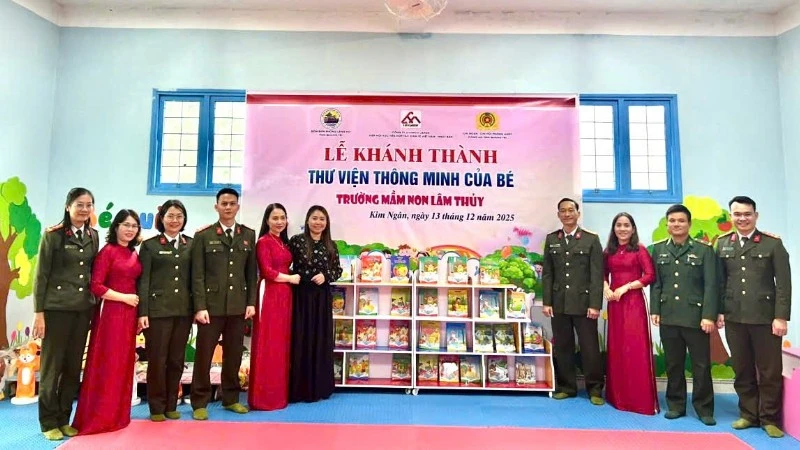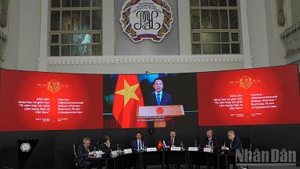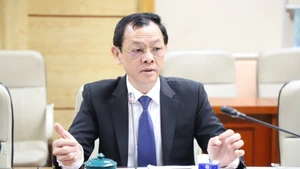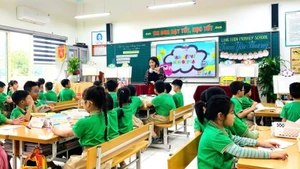A strategic vision in the context of globalisation
In the context of globalization, digital transformation and the Fourth Industrial Revolution which are taking place strongly, Vietnamese education is facing an urgent need to undergo fundamental and comprehensive reform to fulfil its mission of “improving people’s intellectual capacity, training human resources, and nurturing talent”.
Since the early 2000s, the policy of socialising education has been clearly defined in key directives. The 8th Conference of the 11th Central Committee of the Communist Party of Viet Nam adopted Resolution No. 29/NQ-TW dated November 4, 2013, on fundamental and comprehensive reform of education and training to meet the demands of industrialisation, modernisation in a socialist-oriented market economy and international integration.
The National Assembly issued Resolution No. 88/2014/QH13 dated November 28, 2014, on reforming the general education curriculum and textbooks, contributing to the comprehensive reform of education and training.
On March 27, 2015, the Prime Minister issued Decision No. 404/QD-TTg approving the Project on Reforming the General Education Curriculum and Textbooks. The most recent directive from the Party is Conclusion No. 91-KL/TW dated August 12, 2024, of the Politburo, which sets out eight tasks for continuing the implementation of Resolution No. 29-NQ/TW. The Government has issued an Action Programme to implement this Conclusion, under Resolution No. 51/NQ-CP dated March 18, 2025.
Based on the review of over 20 years of implementing Resolution 29 and analysis of development requirements in the new context, the Politburo is expected to issue a Resolution on modernising and breakthrough development in education and training to 2045.
At the conference reviewing the 2023–2024 academic year and launching tasks for 2024–2025 school year of the Ministry of Education and Training, Prime Minister Pham Minh Chinh emphasised that education and training must be duly prioritised to serve as a driving force for rapid and sustainable national development.
The Prime Minister noted that to successfully implement fundamental and comprehensive education reform, in addition to the leadership and management of the Party, State, and education sector, it is essential to have the determination, effort, and action of every teacher, student, parent, family, community, and the entire society. This reflects the view of the head of government on the central role of education and reaffirms the importance of mobilising all social resources to accompany and contribute to revitalising the nation's education system.
In addition, the Prime Minister called for the effective implementation of the guiding principle: “Students are the centre and key stakeholders; teachers are the driving force; schools are the foundation; families are the support; and society is the backbone.”
Efforts to improve the quality of education
Implemented since the 2020–2021 academic year, the 2018 General Education Curriculum represents a major reform, shifting the focus from simply “teaching knowledge” to “educating people”. It aims to support students in developing both virtues and competencies; enhance life skills, experiential activities and career guidance; expand selective subjects based on students’ interests and career orientation; and reform assessment methods to better support learner progress.
In addition, schools and teachers have been empowered to select textbooks and design educational plans suitable for their own contexts. The new textbooks are all developed with a focus on cultivating students’ qualities and competencies, with topics and lessons that create opportunities for teachers to innovate teaching methods and formats, while encouraging students to be active and engaged in learning, with an emphasis on critical thinking, creativity, and practical skills.
Most opinions agree that the policy of “one curriculum, multiple textbooks” aligns with global education trends, and enables schools to choose textbooks that best suit their students and local conditions. From a once monopolised system with a single State-compiled and distributed textbook series, Viet Nam now has three main series in use—Connecting Knowledge with Life, Creative Horizons, and Kite—alongside hundreds of other approved textbooks available in schools nationwide.
The socialisation of textbooks has enriched the diversity of learning materials, giving teachers and schools more options, while also encouraging innovation and creativity in teaching methods.
Moreover, the involvement of multiple publishing houses, experts, and teachers in compiling textbooks has mobilised substantial intellectual and social resources, contributing to improved textbook quality.
The socialisation of textbooks has also helped ease pressure on the State budget, promoted the development of digital learning materials, and facilitated the application of technology in education—factors considered key drivers for improving teaching and learning quality.
Speaking on this issue, M.A.Tran Thi Mai, Deputy Head of the Department of Primary Education at the Ha Noi School for the Training of Educational Personnel, shared: “As someone working in the education sector, I believe that having multiple textbook series is a positive step, enabling teachers to choose resources that best suit their students and teaching conditions. It also fosters competition and creativity in textbook development, contributing to better educational quality.”
From her perspective, the “one curriculum, multiple textbooks” approach offers several advantages, such as increasing flexibility for teachers, diversifying content delivery methods, and promoting innovation in teaching. However, it also poses certain challenges in terms of assessment, requiring teachers to spend more time on careful research. Therefore, providing ongoing professional training and support is essential to ensure this model is effective.
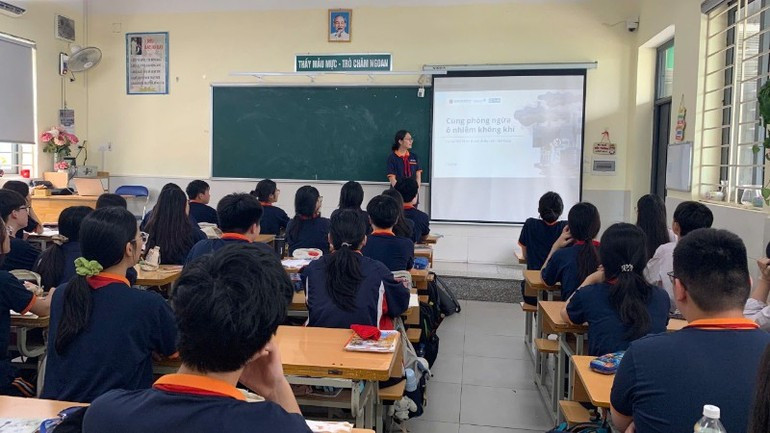
“As a lecturer at the Ha Noi School for the Training of Educational Personnel, responsible for providing professional training to teachers at all levels in the city, we always accompany them by offering training on using artificial intelligence (AI) in designing educational plans and supporting the teaching of various subjects under the 2018 General Education Curriculum. This can be seen as a complementary measure to help teachers utilise textbooks more effectively as a teaching tool,” Tran Thi Mai added.
Social resources – A pillar for comprehensive educational development
Socialisation has not only enriched textbook provision but also contributed to improving the overall landscape of the education system, both in terms of quality and physical infrastructure. The network of non-public schools has expanded significantly, with thousands of private schools and tens of thousands of private nursery groups. Private universities are increasingly asserting their position within the national higher education system.
The use of social resources in education is not a new concept globally. In the United States, the “charter school” model is widely adopted. These are publicly funded but independently run schools, often established and managed by private entities under government oversight. In Nordic countries such as Finland, Sweden, and Norway, socialisation focuses on collaboration between government agencies and communities to build a strong, free, and high-quality public education system.
In Japan and the Republic of Korea, educational socialisation is demonstrated through active contributions from large corporations and local communities. Enterprises often engage in vocational training and sponsor technical education programmes, particularly at secondary and tertiary levels.
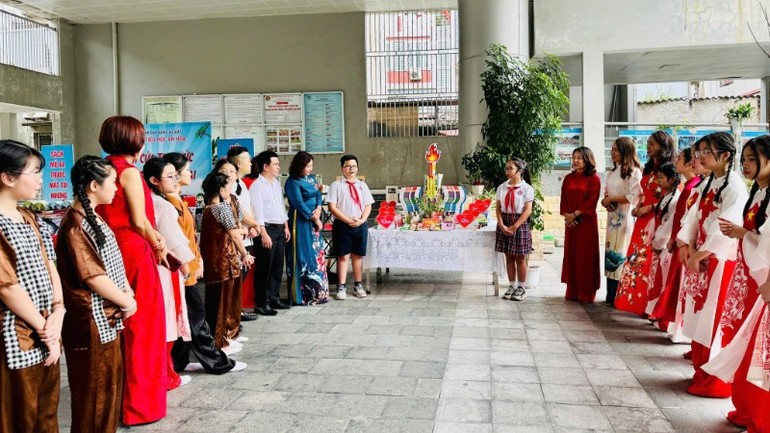
In line with global trends, recent years have seen a clearer shift towards educational socialisation in Viet Nam, with increased participation from non-State actors in providing educational services.
Private schools and non-public educational institutions are growing, while the public education system continues to play a leading role under tight State supervision. At the same time, socialisation efforts at public institutions have supported the goal of building increasingly modern, clean, and beautiful schools, providing the best possible conditions for students to study and grow.
However, socialisation must not be confused with commercialisation. It is a process of mobilising the participation of the whole society in a transparent and responsible manner in the cause of education. Continuing to promote socialisation in an equitable, effective, and humane manner is an essential step towards realising the vision of a humanistic, liberal, and sustainable education system in the global era.
